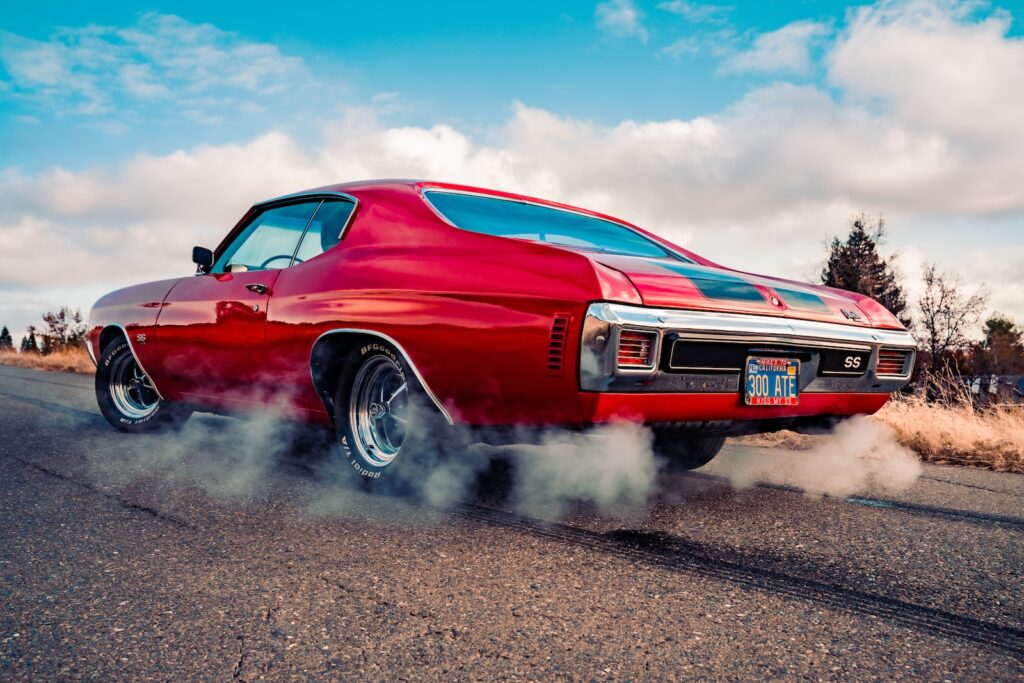Have you ever heard car enthusiasts engage in heated debates about horsepower and torque? It’s like a never-ending battle between two heavyweight champions. But what exactly is the difference between these two automotive powerhouses, and which one should you prioritize?
Let’s start by understanding what horsepower and torque actually mean. Horsepower is a unit of measurement that quantifies the rate at which work is done. In simpler terms, it measures how quickly an engine can deliver power. On the other hand, torque is a measurement of rotational force. It determines the engine’s ability to turn or twist an object, such as the wheels of a car.
Now, here’s the million-dollar question: which is better to have more of, horsepower or torque? Well, the answer isn’t as straightforward as you might think. It depends on the intended use and the characteristics of the vehicle.
If you’re a speed enthusiast who enjoys fast acceleration and high top speeds, then horsepower is your best friend. A high horsepower rating means that your engine can deliver power quickly, allowing you to reach higher speeds in a shorter amount of time. Think of it as having a sprinter’s speed.
On the other hand, if you’re more interested in towing heavy loads or conquering off-road terrains, torque is what you need. A high torque rating means that your engine can generate more rotational force, giving you the ability to tow heavy trailers or climb steep hills with ease. It’s like having the strength of a weightlifter.
But here’s the catch: horsepower and torque are not independent of each other. In fact, they are closely related. The relationship between the two can be explained using a simple formula: horsepower = (torque x RPM) / 5252. This formula shows that torque and RPM (revolutions per minute) are equally important in determining horsepower.
So, in reality, it’s not about choosing between horsepower or torque. It’s about finding the right balance between the two for your specific needs. For example, a sports car with a high horsepower rating might not be the best choice for towing heavy loads, while a truck with high torque might not excel in high-speed races.
Automakers understand this and design their engines to deliver a balance of both horsepower and torque. They optimize the engine’s power curve to provide a smooth and efficient driving experience across a wide range of speeds and loads.
Ultimately, the “better” option between horsepower and torque depends on your personal preferences and the intended use of the vehicle. So, the next time you find yourself in a debate about which is more important, remember that it’s not about choosing one over the other. It’s about appreciating the unique characteristics and benefits that horsepower and torque bring to the table.

